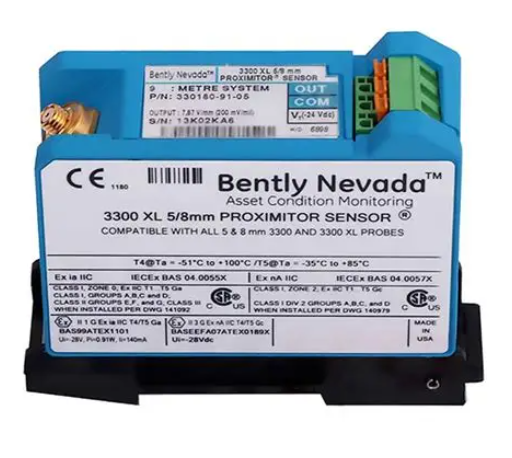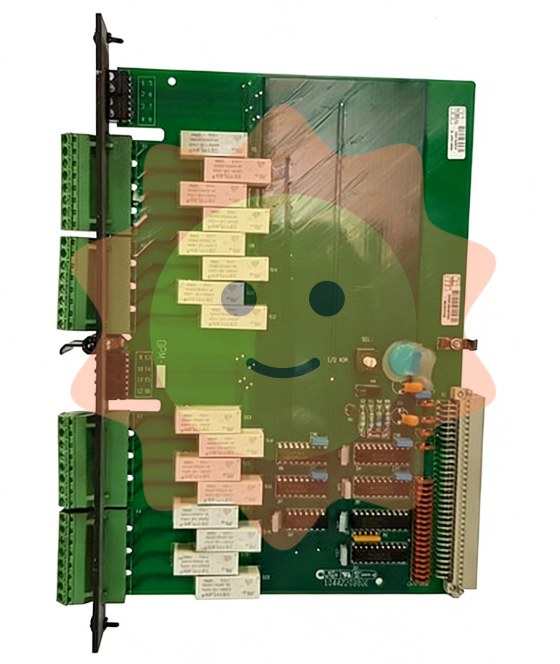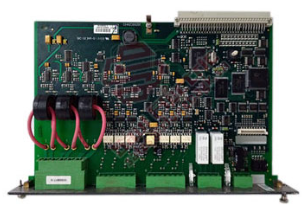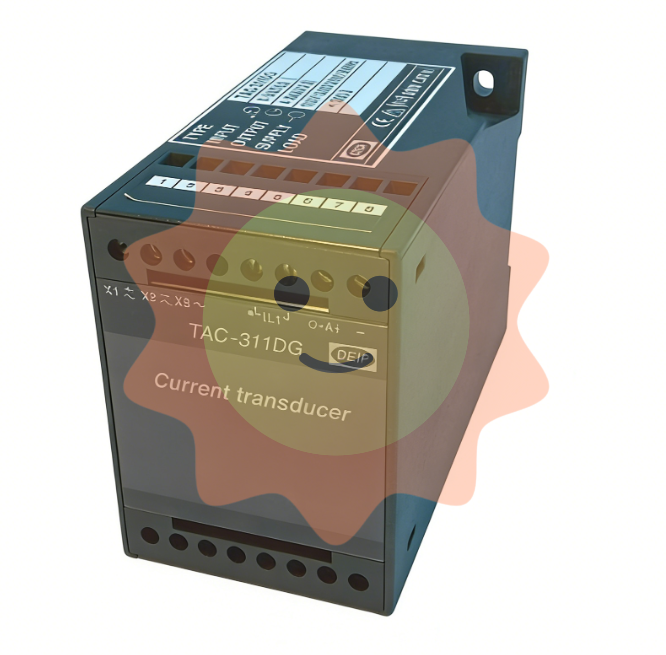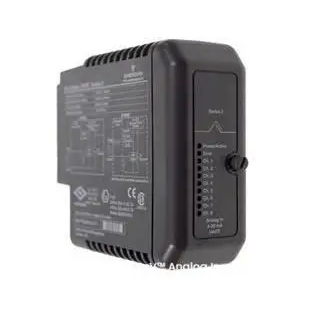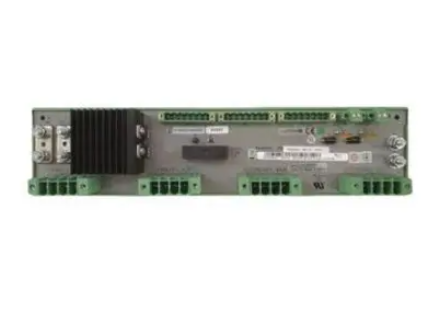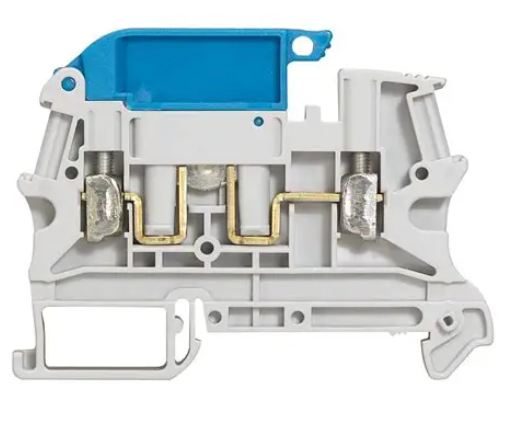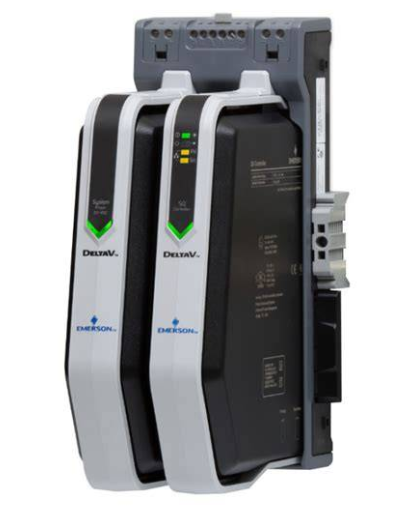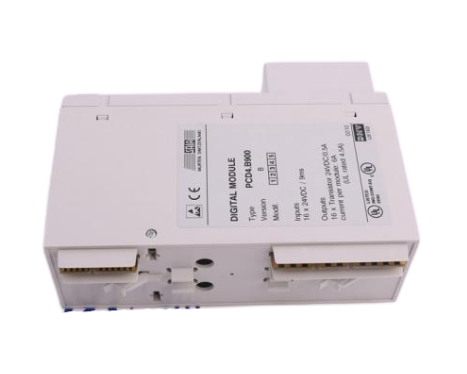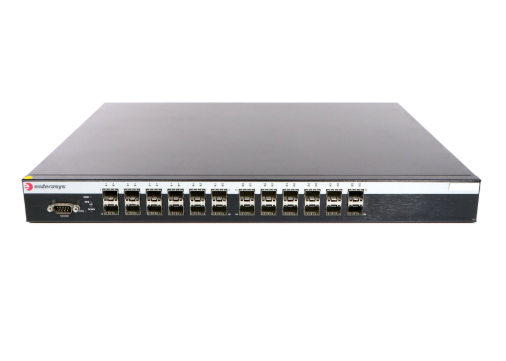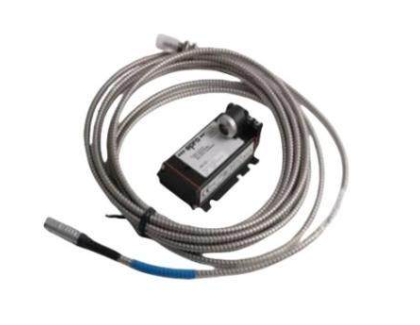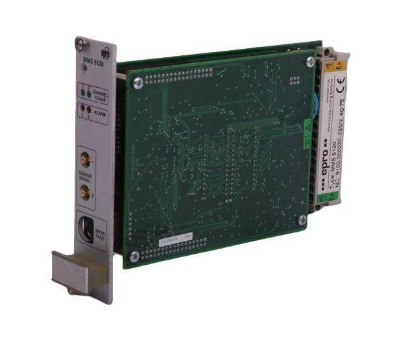PHILIPS PG 1220 SERIES WITH CPU BOARD, XYCOM XVME-491 , CNC SERVO CONTROLLER
PHILIPS PG 1220 SERIES WITH CPU BOARD, XYCOM XVME-491 , CNC SERVO CONTROLLER
PHILIPS PG 1220 SERIES WITH CPU BOARD
PHILIPS has long been renowned in the electronics field, and its PG 1220 Series with CPU BOARD product reflects the company's technological strength in industrial control and automation. This series of products with a CPU board may be a human-machine interface (HMI) or control terminal designed specifically for industrial automation scenarios.
Based on common Philips industrial product features, it is speculated that the PG 1220 series CPU board may have the following characteristics:
Efficient data processing capability: able to quickly process data from various sensors and actuators, ensuring that the system responds promptly to various changes in the production process. For example, in industrial production lines, equipment operation status data can be quickly processed to achieve precise control and adjustment of equipment.
Rich interface configuration: To facilitate integration with other devices, it is highly likely to be equipped with multiple standard interfaces, such as Ethernet interfaces for data communication, which can interact with other devices in the factory network for data exchange; The RS-232/485 interface is used to connect traditional industrial instruments and equipment, enhancing system compatibility.
Reliable stability: Using industrial grade electronic components and design standards, it can operate stably in complex industrial environments, such as facing harsh conditions such as high temperature, humidity, and strong electromagnetic interference, while still ensuring the normal operation of equipment and guaranteeing the continuity of industrial production.
II XYCOM XVME - 491
XYCOM's XVME-491 belongs to its XVME series products, which are widely used in industrial automation, aerospace and other fields.
(1) Product Features
Data Communication and Processing: XVME-491 may serve as a communication module to undertake tasks of data transmission and preliminary processing in industrial systems. It can collect data from different data sources, organize and preprocess this data, and then transmit it to other core devices in the system, such as the upper computer or main controller. For example, in a large automated factory, sensor data distributed throughout various production stages can be collected, and the organized data can be sent to the central control system for further analysis and decision-making.
System Expansion: This module may have good scalability and can be connected to other XVME series modules or compatible devices to expand system functionality. For example, additional storage modules or functional modules can be added to meet the demand for data storage capacity or special functions in different application scenarios.
(2) Technical characteristics
High speed data transmission: Advanced communication technology is used to achieve high-speed data transmission, ensuring the rapid flow of data in the system and reducing data transmission delays. This is crucial for some industrial applications that require high real-time performance, such as equipment control and motion control on high-speed production lines.
Durable Design: Following XYCOM's consistent industrial standards, XVME-491 features a sturdy and durable casing and stable circuit design, capable of adapting to harsh working environments, including wide temperature ranges, high vibrations, high impacts, and other environmental conditions, ensuring long-term stable operation of the equipment in complex industrial environments.
CNC SERVO Controller
Numerical control servo controllers play a core role in computer numerical control (CNC) systems, mainly used for precise control of the motion of machine tools and other equipment.
(1) Core functions
Position control: By receiving instructions from the CNC system, the rotation angle and position of the servo motor are accurately controlled, thereby achieving precise positioning of the machine tool worktable or tool. For example, in precision machining processes, the tool can be positioned with micrometer level accuracy to ensure the production of high-precision components.
Speed control: It can adjust the speed of the servo motor in real time according to the requirements of the processing technology, so that the machine tool can run at an appropriate speed in different processing stages. During rough machining, a higher speed can be used to improve machining efficiency, while during precision machining, the speed can be reduced to ensure machining quality.
Torque control: For some machining tasks that require specific torque output, the CNC servo controller can control the servo motor to output appropriate torque to ensure the smooth progress of the machining process, such as playing a key role in machining operations that require large torque, such as tapping.
(2) Working principle
When the CNC servo controller works, it first receives digital command signals from the CNC system, which contain information such as target position, speed, and torque. The controller converts these digital signals into analog control signals, and then amplifies the signals through a power amplifier to drive the servo motor to operate. At the same time, the encoder on the servo motor will provide real-time feedback on the actual position, speed, and other information of the motor to the controller. The controller adjusts the control signal using a closed-loop control algorithm based on the difference between the feedback signal and the input command signal, thereby achieving precise control of the servo motor and ultimately ensuring that the machine tool actuator moves according to the predetermined trajectory and parameters.
- ABB
- General Electric
- EMERSON
- Honeywell
- HIMA
- ALSTOM
- Rolls-Royce
- MOTOROLA
- Rockwell
- Siemens
- Woodward
- YOKOGAWA
- FOXBORO
- KOLLMORGEN
- MOOG
- KB
- YAMAHA
- BENDER
- TEKTRONIX
- Westinghouse
- AMAT
- AB
- XYCOM
- Yaskawa
- B&R
- Schneider
- Kongsberg
- NI
- WATLOW
- ProSoft
- SEW
- ADVANCED
- Reliance
- TRICONEX
- METSO
- MAN
- Advantest
- STUDER
- KONGSBERG
- DANAHER MOTION
- Bently
- Galil
- EATON
- MOLEX
- DEIF
- B&W
- ZYGO
- Aerotech
- DANFOSS
- Beijer
- Moxa
- Rexroth
- Johnson
- WAGO
- TOSHIBA
- BMCM
- SMC
- HITACHI
- HIRSCHMANN
- Application field
- XP POWER
- CTI
- TRICON
- STOBER
- Thinklogical
- Horner Automation
- Meggitt
- Fanuc
- Baldor
- SHINKAWA
- Other Brands












